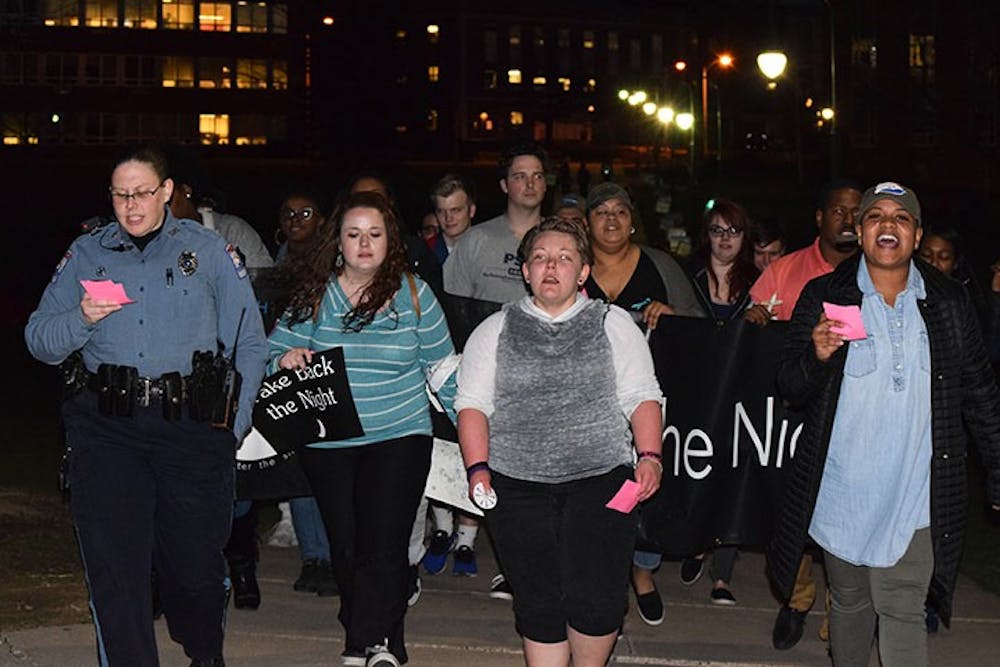Social media was flooded with the hashtag #MeToo last week following dozens of accusations of sexual abuse against Hollywood big-wig Harvey Weinstein. Using the hashtag, sexual abuse survivors shared their stories or simply the words ‘Me Too”, which spoke volumes on their own. The sheer number of users who shared their stories is clearly indicative of a greater, pervasive cultural problem with sexual abuse if you are among those who still were not convinced of the magnitude of this problem.
In Hollywood and media alone, accusations against high-profile people in the industry seem almost commonplace. Bill Cosby, Bill O’Reilly, Roger Ailes, Roy Price and President Donald Trump are just a few names that have made headlines in the last year for alleged indiscretions.
The stories seem to come and go. People get upset at these individual cases, calls are made for reform, but in the end, nothing gets done. But, the enormous response from high-profile women in Hollywood — and women in general — sharing their horror stories of abuse following the Weinstein revelations may make this case the straw that finally broke the camel’s back regarding this systemic problem.
Many of these cases of sexual abuse appear to follow a common thread. Someone in a position of power tries to leverage that power to manipulate a person into submitting to their will. The victims always seem to be vulnerable people in the industry, like aspiring actresses or even children, as former child stars like Corey Feldman have claimed.
Though we may not hear about it as often as in Hollywood, these power dynamics exist in tons of different industries. This leaves a lot of people vulnerable, especially women, who hold less positions of power than men in most industries.
It is also important to remember that not every victim has the platform necessary to get their story out there, like some of the popular actresses in Hollywood. This leads to a lot of cases of sexual abuse going unreported. This may be one reason why so many took part in the #MeToo trend — because there is nowhere else to share their story.
There are many different pressures from different angles that compel people to stay silent about these cases. In the past, the general response has been to be skeptical of accusers, especially when they are accusing someone with a well-liked public persona. This can no longer be the case.
We need to encourage victims to stand up and speak up about violence. But, that can only come with a change in how we handle these cases. First, we need to stop shaming victims for coming forward. We also need to rethink statutes of limitations on cases of sexual abuse so victims can confidently seek justice when the time is right. Overall, though, we need to acknowledge this problem. We must be keener to address it as the pervasive problem it is rather than simply tackling it on a case-by-case basis. Then, maybe someday hashtags like Me Too will not need to exist.



The Slate welcomes thoughtful discussion on all of our stories, but please keep comments civil and on-topic. Read our full guidelines here.